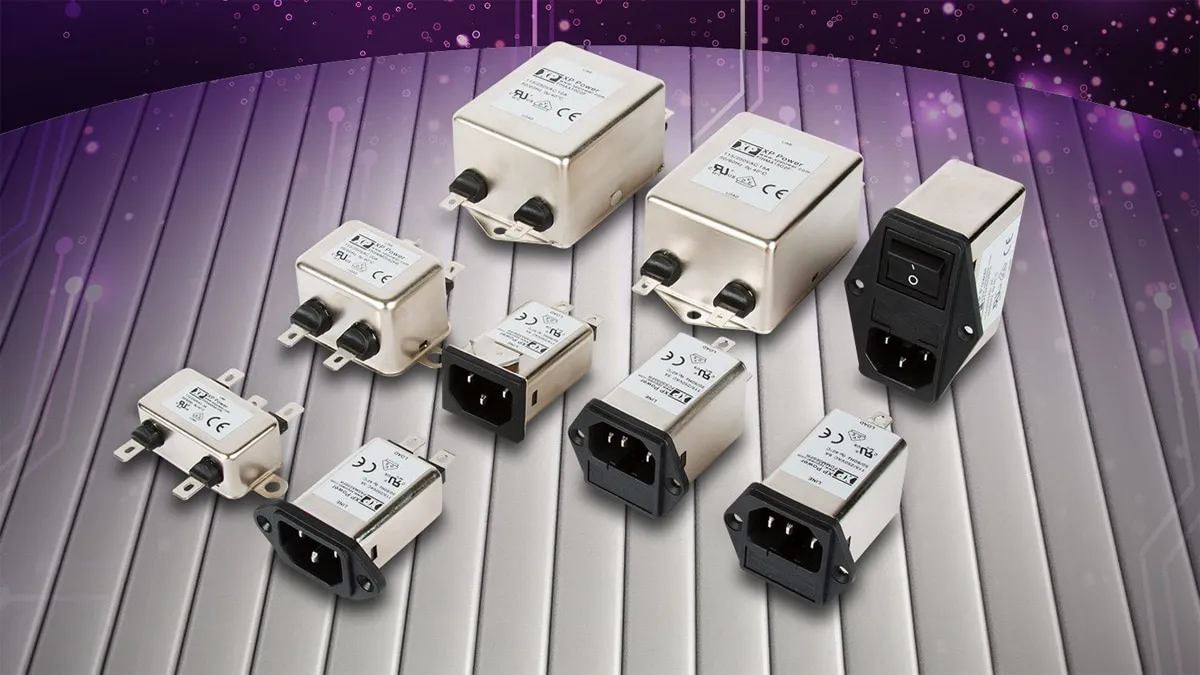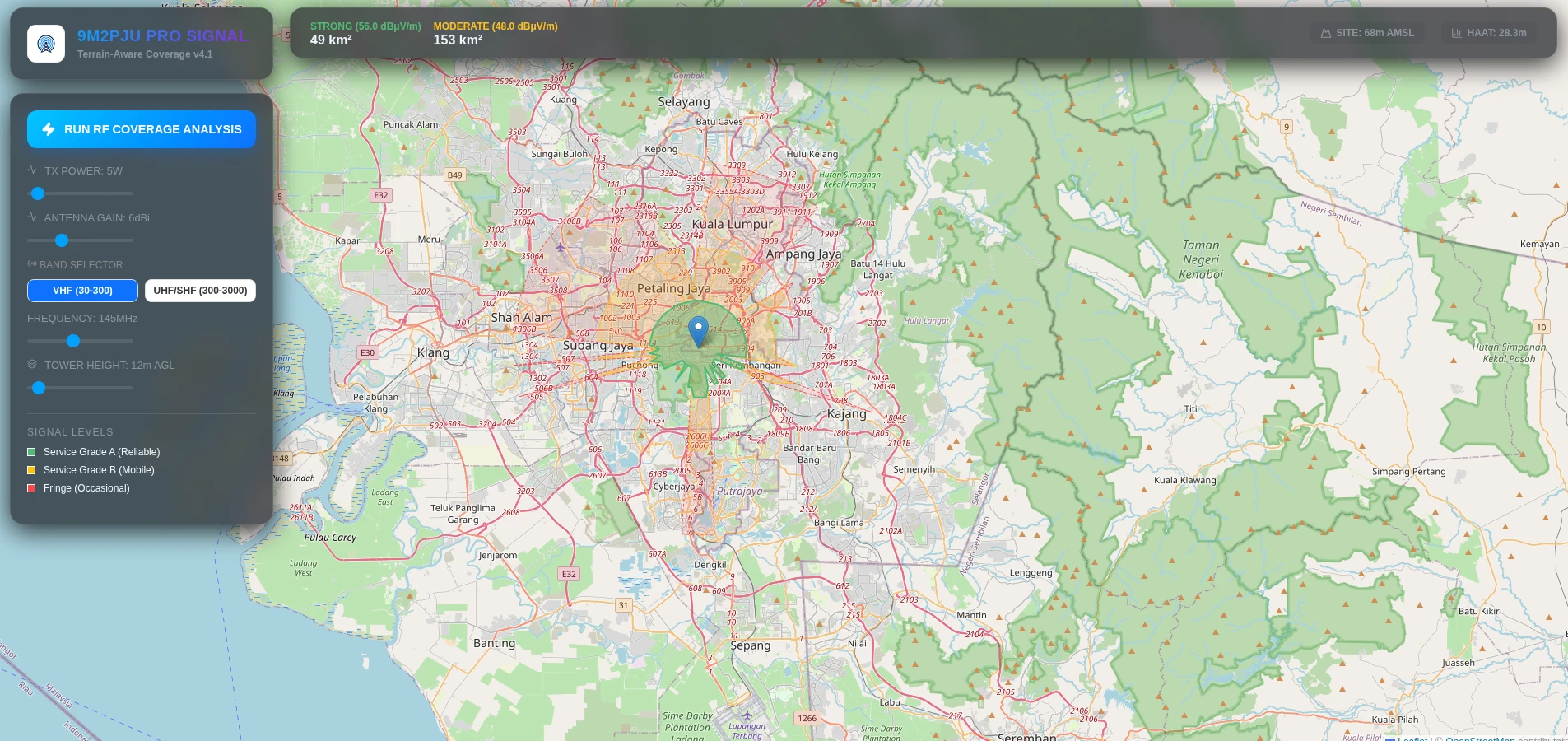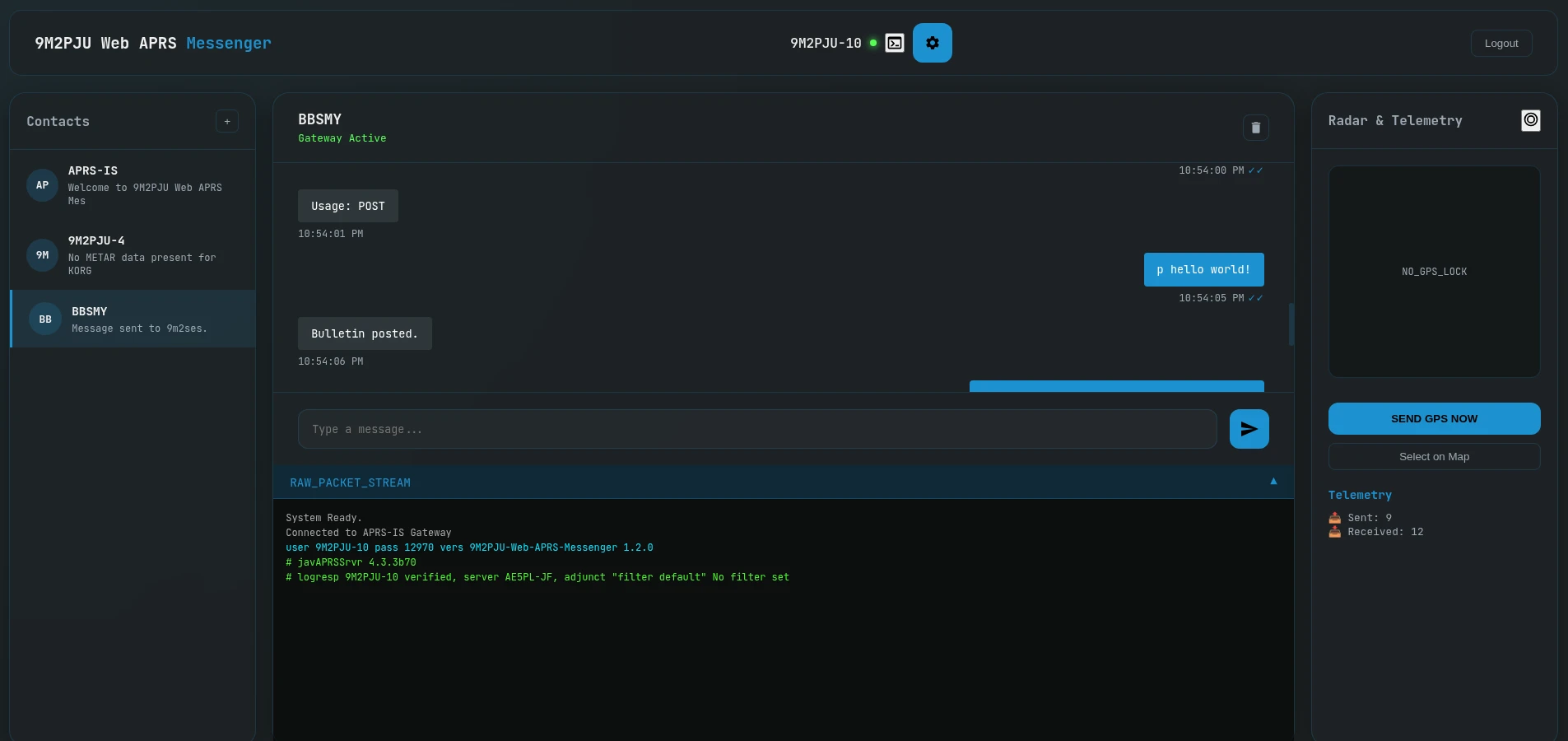amateur radio
electrical
ham radio
radio amatir
radio amatur
radio shack
#AmateurRadio, #AmateurRadioOperator, #ElectricalNoise, #FerriteBeads, #Grounding, #HamRadio, #HamRadioTips, #HFInterference, #IsolationTransformer, #NoiseFloor, #NoiseReduction, #PowerFilters, #PowerLineNoise, #RadioCommunication, #RadioEquipment, #RadioInterference, #RadioSetup, #RFI, #RFIManagement, #RFIProtection, #SignalInterference
9M2PJU
0 Comments
How Excessive Noise on Your Home Electrical Supply Affects Radio Transceiver and How to Fix It
As an amateur radio operator, one of the most frustrating issues you can encounter is interference caused by electrical noise. When your home’s electrical supply is contaminated with noise, it can significantly affect the performance of your transceiver, making it difficult to hear signals, communicate clearly, or even transmit effectively. In this post, we’ll dive into how electrical noise impacts your radio operations and explore practical solutions to reduce or eliminate it.
What is Electrical Noise?
Electrical noise is unwanted interference that enters the power supply or the environment, typically originating from household appliances, devices, or power lines themselves. It’s important to note that this noise doesn’t just affect your radio’s performance; it can also cause problems with other sensitive electronics in your home. However, as an amateur radio operator, you’re especially vulnerable to power line noise because of the nature of radio signals.
Noise on the electrical supply can be caused by several sources, both inside and outside your home. Common sources include:
- Switching Power Supplies (SMPS): Common in modern electronics like computers, TVs, LED lighting, and power adapters. These devices generate high-frequency noise that can travel through the electrical wiring and radiate as radio frequency interference (RFI).
- Home Appliances: Devices like refrigerators, air conditioners, microwave ovens, and vacuum cleaners often use electric motors or variable-speed drives, which can introduce noisy spikes into the power grid.
- Dimmers and LED Lights: The technology used in dimmer switches and LED lights often creates broadband noise across a wide frequency range, which can interfere with radio signals.
- Powerline Communications (PLC): Some broadband internet services use the electrical wiring in your home to transmit data, causing significant RFI on the same lines used by your radio.
- Electrical Wiring: Old or poorly maintained wiring in your home can also act as an antenna, broadcasting noise throughout your living space.
How Electrical Noise Affects Your Amateur Radio Station
Electrical noise from your home’s power supply can interfere with your radio equipment in several ways. Here’s a breakdown of the potential impacts:
1. Increased Noise Floor:
Noise from the power lines can raise the “noise floor” of your receiver, essentially drowning out weak signals. The noise may sound like a continuous buzz, hiss, or crackle on the airwaves, making it difficult to hear faint stations. This can be particularly problematic on HF bands, where weak signals are common, and any additional noise can make communication nearly impossible.
2. Signal Fading and Loss:
Radio signals, especially weak ones, can fade in and out if there’s interference from electrical noise. This is particularly evident when high-power appliances like air conditioners or refrigerators turn on and off, causing intermittent bursts of noise.
3. Blocking Signals:
Electrical noise can block or overpower the signals you want to hear. Imagine trying to listen to a conversation on a crowded frequency band, only to have it overshadowed by a constant stream of interference from your power supply.
4. Intermodulation Distortion:
In some cases, multiple sources of electrical noise can interact and cause intermodulation distortion (IMD). This happens when different frequencies mix together, creating unwanted signals on frequencies where they shouldn’t be. This can make certain parts of the radio spectrum unusable.
How to Mitigate Electrical Noise in Your Radio Setup
While it can be difficult to completely eliminate electrical noise from your environment, there are several effective ways to reduce its impact on your radio equipment. Let’s look at some practical solutions:
1. Use Power Line Noise Filters
One of the simplest and most effective ways to reduce electrical noise is by installing line filters. These filters are designed to block high-frequency noise from entering your transceiver via the power supply. You can find power line filters specifically designed for radio equipment that help clean up the power signal and reduce interference.
2. Use a Dedicated Circuit
If possible, run your radio equipment on a dedicated electrical circuit that’s not shared with noisy appliances like refrigerators or air conditioners. A dedicated circuit helps isolate your equipment from the noise created by other devices in your home.
3. Improve Grounding
Proper grounding is essential for minimizing electrical noise. Ensure that both your radio and your electrical system are grounded according to standard practices. A good ground can help dissipate unwanted electrical noise and prevent it from entering your equipment.
4. Move Your Antenna
Sometimes the interference is being picked up by your antenna, especially if it’s located near power lines. Relocate your antenna as far away from power lines as possible, or use a directional antenna to minimize noise from unwanted directions. Even small changes in antenna placement can make a significant difference.
5. Install Ferrite Beads or Cores
Ferrite beads and cores are inexpensive components that can help suppress high-frequency noise. Place them on cables running to your radio, including power cables, antenna cables, and control cables. They work by acting as low-pass filters, blocking high-frequency noise from reaching your equipment.
6. Use an Isolation Transformer
An isolation transformer can provide additional protection by electrically isolating your radio equipment from the power grid. This helps prevent power line noise from coupling into your equipment, effectively reducing the risk of interference.
7. Switch to Battery or DC Power
If your radio equipment is powered by the mains grid, consider switching to battery power or using a DC power supply that doesn’t rely on the noisy electrical system. Many amateur radio operators use deep-cycle batteries or regulated DC power supplies to avoid interference from the power grid.
8. Conduct an RFI Survey
If you’re having trouble pinpointing the source of interference, an RFI (radio frequency interference) survey can help. You can use an RFI detector or an oscilloscope to locate the sources of noise. Once you identify the offending devices, you can either relocate them, apply filters, or replace them with more noise-resistant alternatives.
Conclusion: Don’t Let Power Line Noise Ruin Your Radio Experience
Electrical noise from your home’s power supply can be a major hindrance to your amateur radio activities. It raises the noise floor, causes signal fading, and can even block or distort communications. Fortunately, there are many ways to mitigate this interference, from using power line filters and improving your grounding, to moving your antenna or switching to DC power.
By identifying the sources of electrical noise in your environment and implementing the right solutions, you can enjoy clearer, more reliable radio communication. While some trial and error may be involved in finding the perfect setup, taking the time to reduce power line noise will significantly improve your amateur radio experience. Happy operating!
Feel free to leave a comment below if you have any questions or additional tips for dealing with electrical interference in your amateur radio station!







Post Comment